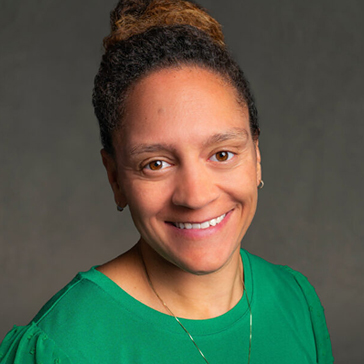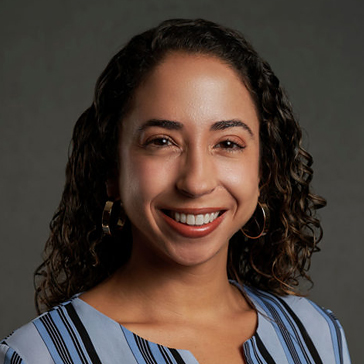At Education First we are committed to equity: The belief that every student, regardless of background, deserves the resources and support they need to reach their potential. And we believe that the policies we work on like increasing equitable access to great teachers, creating more rigorous academic standards and assessments and understanding that learning is social and emotional can help us get there.
But these are not the complete solution. To succeed in school, children first and foremost must be safe. They must be respected for who they are and where they come from. They must be loved.
That is why we join many educators and advocates in our opposition to the national policy of family separation at our borders. This is yet another example of the long, pernicious reach of systemic racism in this country. We have systematically torn apart families of color through slavery, Native American boarding schools, Japanese internment camps—and now by forcefully removing babies and toddlers from their parents who are seeking asylum and refuge. And while there are signs the current practice at the border is coming to an end, we will keep speaking out until every child is reunited with the families who love them.
At Education First, many of our team members were raised by immigrants or are immigrants themselves. As Joselin puts it in her words:
“I remember a time when I came back to the United States with my twin brother after visiting family in Venezuela. At nine-years old and a legal immigrant, I was excited to get back to the United States to be with my mom and younger sister. However, upon arrival at the airport, my brother and I were separated from the airline representative who had been accompanying us during our travel and sent to a room to be interrogated by U.S. Customs and Border Protections. Whether you are a legal immigrant or undocumented, interrogations at U.S. borders are intimidating. As a minor, the experience is even more harrowing. I remember spending two hours crying while my brother bravely answered questions being asked of us by the agent. Those hours in the room with my brother and the agent was one of the scariest experiences of my childhood. However, children at the border live the trauma for days—compounding on the violence many fled away from—suffering at the hands of a system proven to treat them without human dignity.”
Children at the border who have been separated from their families are not alone for just two hours but for weeks at a time, sometimes under false pretenses, in a foreign country. All they know is that they made the trek to the United States in search for a better future than the past they left behind. We can disagree on what thoughtful immigration reform should look like. But this is not the way we would want our children to be treated. This is not the way any child should be treated.
We’ve written before that systemic racism has a profound effect on our classrooms. That is why no true advocate for children can support this policy. Besides the detrimental physical effects of toxic stress, thousands of children have been told that their background—something that should be cherished and lifted up—is a crime. As educators, we recognize that our challenge is both greater and more important as we seek to create the learning environments that support and nurture students that suffer as a result of this injustice.
This policy and its impact are cruel. We must resist the temptation to distance ourselves. This is our America. While the policy of separation is technically no longer in place, its damage is far from being repaired. Some ways you can take action:
Thank you for your support. We invite you to share your stories and your perspectives with us as well at @ed1stconsulting or directly by phone or email to any Ed Firster.



